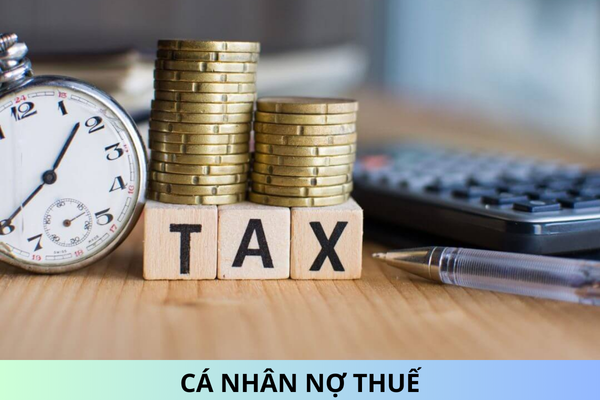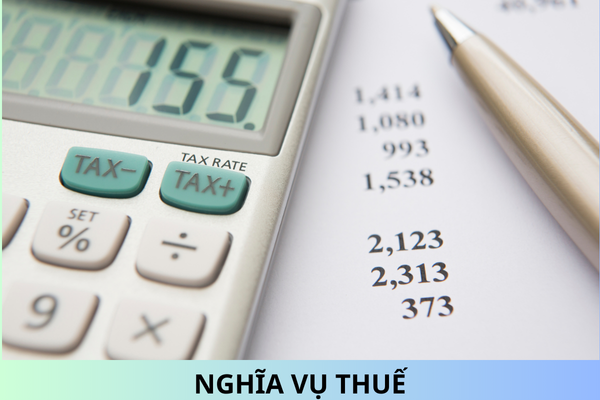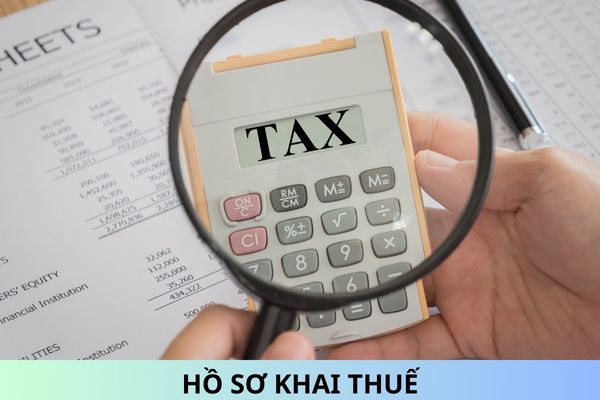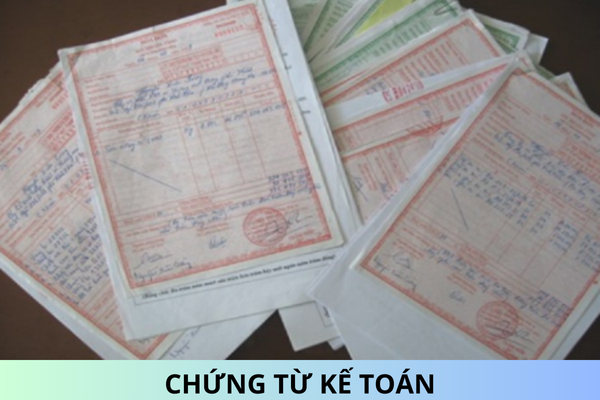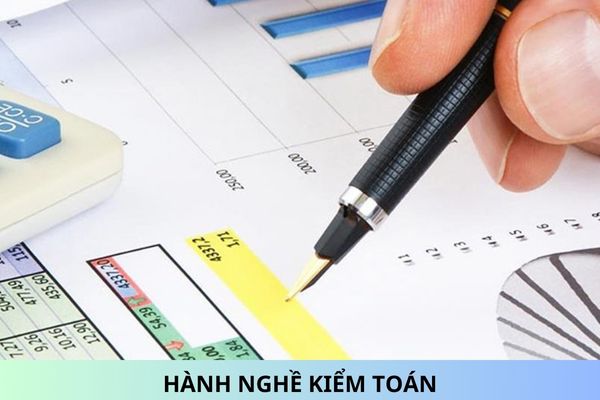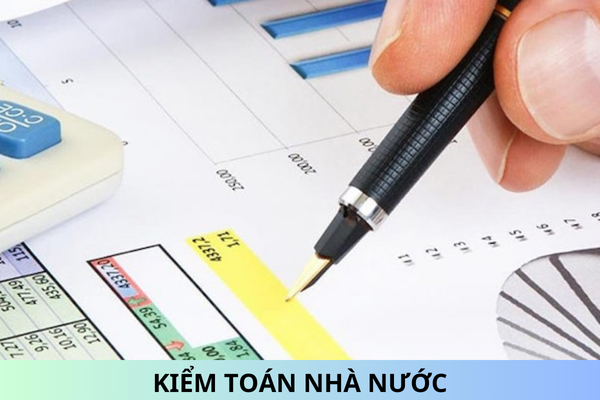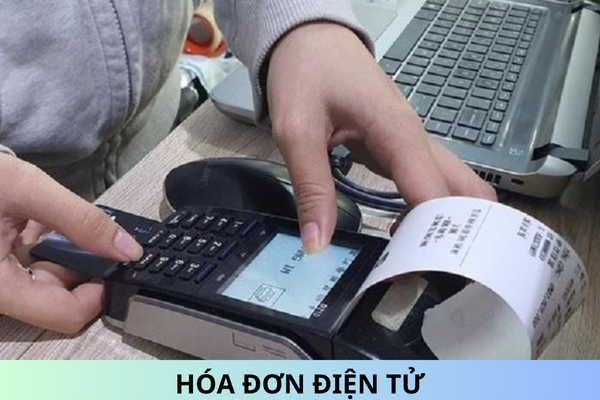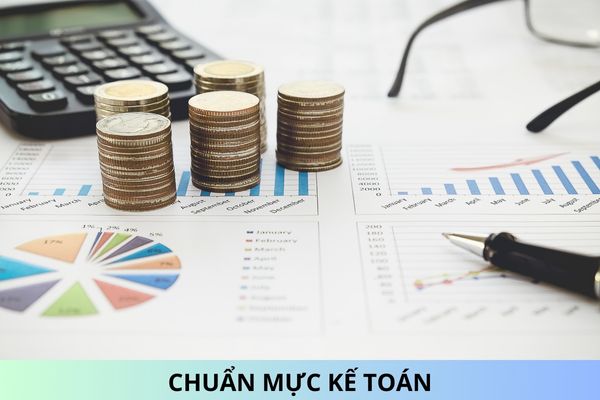Is the buyer's name on an electronic invoice required in Vietnam?
Please ask: Is the buyer's name on an electronic invoice required in Vietnam? - Question from Ms. Nhung (HCMC).
Is the buyer's name on an electronic invoice required in Vietnam?
In Clause 14 Article 10 of Decree 123/2020/ND-CP stipulates content of invoices as follows:
Contents of the invoice
....
14. Exceptions:
.....
c) The e-invoice issued by a supermarket or shopping mall to a non-business buyer does not necessarily bear the buyer’s name, address and TIN.
E-invoices for sale of oil and gas to non-business individuals do not necessarily bear the name, form number, reference number, and number of the invoice; the buyer’s name, address, TIN, electronic signature; the seller’s digital or electronic signature; VAT rate.
d) E-invoices in the form of stamps, tickets or cards do not necessarily contain the seller’s digital signature (except for those authenticated by tax authorities), the buyer’s information (name, address and TIN), VAT rate and VAT amount. Pre-priced electronic stamps, tickets and cards do not necessarily contain the unit, quantity and unit price.
....
Thus, the buyer's name on the electronic invoice in Vietnam is not required in the following cases:
- Electronic invoices for sales at supermarkets and shopping centers where the buyer is a non-business individual.
- Electronic invoices for gasoline sales to non-business individual customers.
- Electronic invoices are stamps, tickets, cards.

Is the buyer's name on an electronic invoice required in Vietnam? (Image from the Internet)
In what ways do businesses use electronic invoice information in Vietnam?
In Article 47 of Decree 123/2020/ND-CP regulates form of access and use of e-invoice information on web portal as follows:
Form of access and use of e-invoice information on web portal
1. Information users, including enterprises, business entities, household or individual businesses that are sellers of goods/services, and buyers of goods/services, shall access the web portal of the General Department of Taxation for searching e-invoice information according to contents of e-invoices.
.....
Thus, businesses use electronic invoice information on the Electronic Information Portal by accessing the Electronic Information Portal of the General Department of Taxation to look up electronic invoice information according to the content of electronic bill.
Particularly for state management agencies, credit institutions, and organizations providing electronic invoice services that use electronic invoice information through signing information exchange regulations or signing contracts. In this case in Vietnam, the above agencies will register and be granted permission to access, connect, and use electronic invoice information from the General Department of Taxation.
What is e-invoice format in Vietnam?
At Article 12 of Decree 123/2020/ND-CP there are regulations that e-invoice format as follows:
1. The e-invoice format is the technical standards for type of data, length of data of information fields serving transmission, storage and display of e-invoices. E-invoices shall be XML (extensible Markup Language) documents, which are meant to share electronic data between IT systems.
2. The data of an electronic invoice consists two components: information about the transaction and the digital signature. Authenticated e-invoices shall also contain the data of the tax authority’s code.
3. The General Department of Taxation shall develop and announce the format of transaction-related information, digital signatures and tools for display of e-invoices prescribed herein.
4. The following requirements must be met when sellers directly transmit data to tax authorities:
a) Connect to the General Department of Taxation via a separate channel or MPLS VPN Layer 3, including 1 main channel and 1 backup channel. Each channel has a minimum bandwidth of 5 Mbps.
b) Use an encrypted Web Service or Message Queue (MQ) for connection.
c) Use Simple Object Access Protocol (SOAP) to compile, transmit and receive data.
5. Contents of e-invoices shall be fully and accurately displayed, ensure readers can read them with electronic devices.
Best regards!
